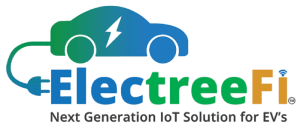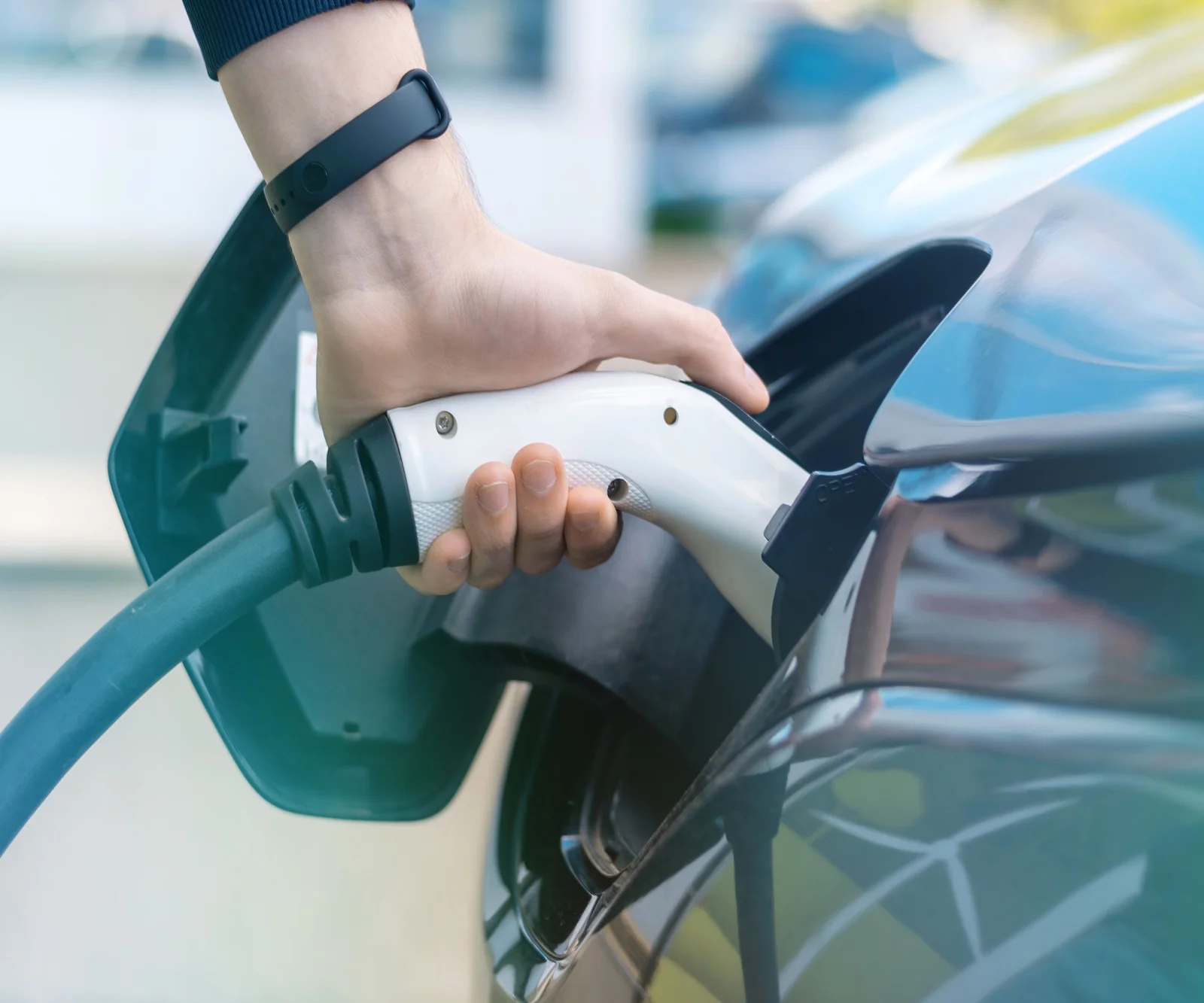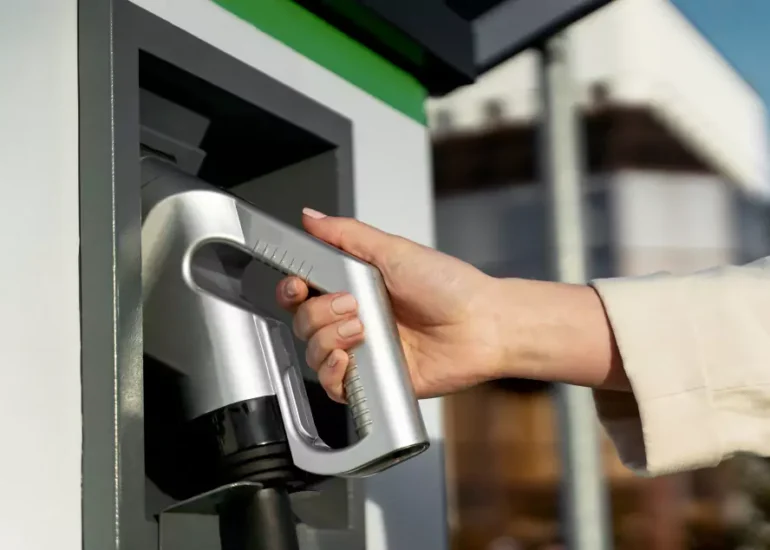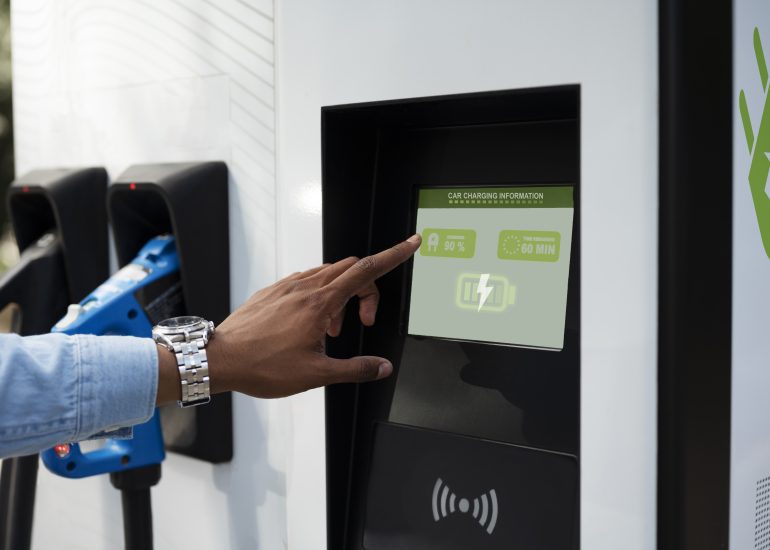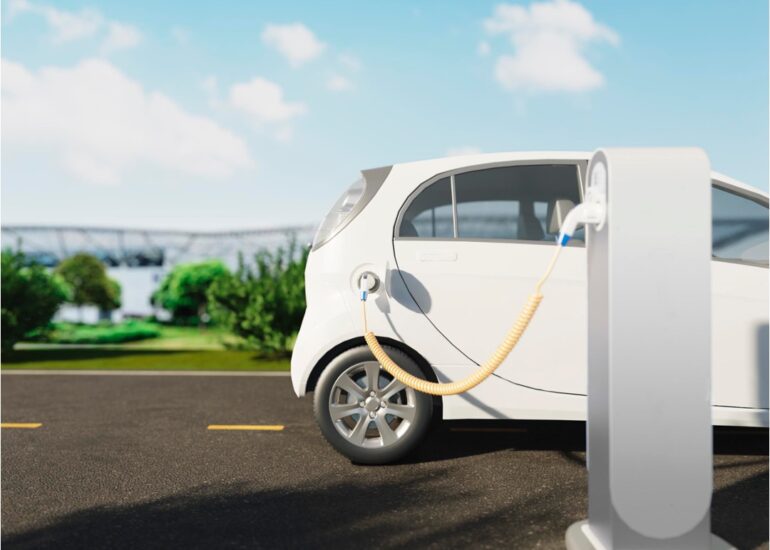The Indian electric vehicle (EV) market is poised for a significant transformation.
The electric vehicle (EV) market in India is poised for significant growth, with projections indicating a robust 49% compound annual growth rate (CAGR) from 2022 to 2030. By 2030, annual EV sales are expected to reach 10 million units, promising substantial environmental benefits and the creation of around 50 million jobs, both direct and indirect.
Despite these promising figures, EV owners in India face considerable challenges, particularly concerning the convenience of charging their vehicles. The lack of sufficient charging infrastructure is a primary concern as the demand for EVs grows. Standardizing charging protocols across the country is crucial to ensure that EV users can charge their vehicles seamlessly at any charging station, irrespective of the service provider.
To address these challenges effectively, several key actions are recommended:
- Establishing Standard Protocols: Implementing uniform technical standards for EV charging infrastructure will enhance interoperability and reduce costs for consumers.
- Streamlining Regulatory Frameworks: Simplifying regulations can lower installation costs and accelerate the deployment of EV chargers, fostering a competitive market.
- Ensuring Transparent Charging Data: Providing access to transparent charging data is essential for stabilizing the power network and managing energy costs effectively.
Another significant issue affecting EV charging in India is the reliability of the power supply and infrastructure deficiencies, leading to electricity price fluctuations and prolonged charging times. Solutions such as integrating battery storage, negotiating power purchase agreements (PPAs), and strategically locating charging stations can help ensure a consistent electricity supply.
Addressing “range anxiety,” a common concern among potential EV users, requires continuous improvements in EV ranges and battery technology. Educating consumers about the practicality and benefits of EV ownership, especially across vast distances in India, is crucial for increasing adoption.
Charging Point Operators (CPOs) play a critical role in developing EV charging infrastructure. Standardizing protocols like the Open Charge Point Protocol (OCPP) ensures interoperability and simplifies the user experience. Strategic deployment of charging stations based on user needs, rather than ad-hoc deployment, is essential. Smaller cities with lower EV adoption rates may require fewer charging stations compared to major urban centers.
Installing fast chargers at traditional fuel stations can enhance user convenience compared to slow chargers. Fast EV chargers significantly reduce charging times, aligning more closely with the quick refueling experience typical of traditional fuel stations.
Despite progress, not all charging stations adhere to standard protocols like OCPP, hindering a consistent user experience. Achieving widespread adoption of such standards is crucial for ensuring reliability and convenience for EV owners.
Recent developments, such as the adoption of Indian standards for fast charging and the approval of the IS17017 standard by the Bureau of Indian Standards (BIS) for combined AC and DC charging connectors, are positive steps toward creating an open and efficient EV charging ecosystem in India.
Technology providers and Charger Original Equipment Manufacturers (OEMs) should strategically deploy charging stations in high-traffic areas like malls, office complexes, and residential neighborhoods. Offering pre-booking options and user-friendly interfaces can further enhance the user experience. Smart chargers equipped with multiple communication methods ensure accessibility, even in areas with poor network connectivity, empowering users to manage preferences and control charging costs effectively.
In conclusion, while the growth of India’s EV market presents significant opportunities, addressing challenges related to charging infrastructure is critical for its success. Prioritizing standardization, regulatory support, reliability, and user convenience will accelerate the adoption of electric vehicles and position India as a leader in sustainable transportation.
